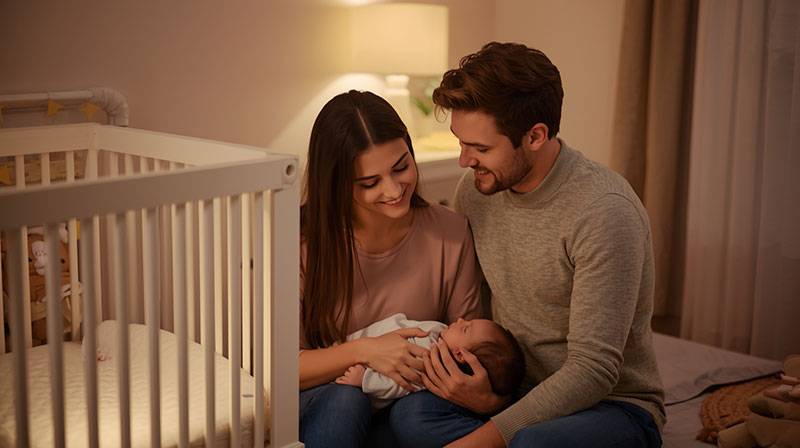Ferber, Fading, or No Tears? How Parents Are Rethinking Baby Sleep Training in 2025
Few parenting topics spark more debate than sleep training. For decades, methods like “cry it out” or the Ferber approach have dominated the conversation. But as parental values shift towards connection and emotional attunement, families in 2025 are redefining what sleep training means and how it should feel.
The Ferber Foundation
Developed by paediatrician Dr. Richard Ferber in the 1980s, the Ferber Method encourages parents to let babies self-soothe by gradually increasing response times during night wakings. The method has shown measurable success in improving sleep duration, but it’s not universally suitable.
Critics argue that rigid application can overlook temperament, attachment, and parental comfort levels. Many modern families seek alternatives that preserve responsiveness while still encouraging independent sleep.
The rise of gentle sleep training
Recent approaches, such as “fading” or “pick-up/put-down,” emphasise gradual transitions. These methods allow babies to adjust at their own pace, often resulting in less distress for both parent and child. Research from child development experts suggests that responsiveness, not rigidity, is the key determinant of long-term sleep success.
Blending science with sensitivity
What’s changed most in 2025 is mindset. Parents are moving away from a binary of “cry-it-out” versus “no tears” and toward balanced, evidence-informed decisions. Brands like Tucksy Sleep, also known as Tucksy, are helping bridge this divide by explaining methods objectively, outlining pros and cons, and empowering parents to choose what fits their values.
Why empowerment matters
Sleep training is as much about parental confidence as infant sleep. When parents understand the why behind the method, they’re less likely to feel guilt or confusion. The goal is not blind adherence, but informed adaptation.
As families become more informed and emotionally aware, sleep training in 2025 is shifting from discipline to dialogue, a collaboration between parent, child, and expert insight.

